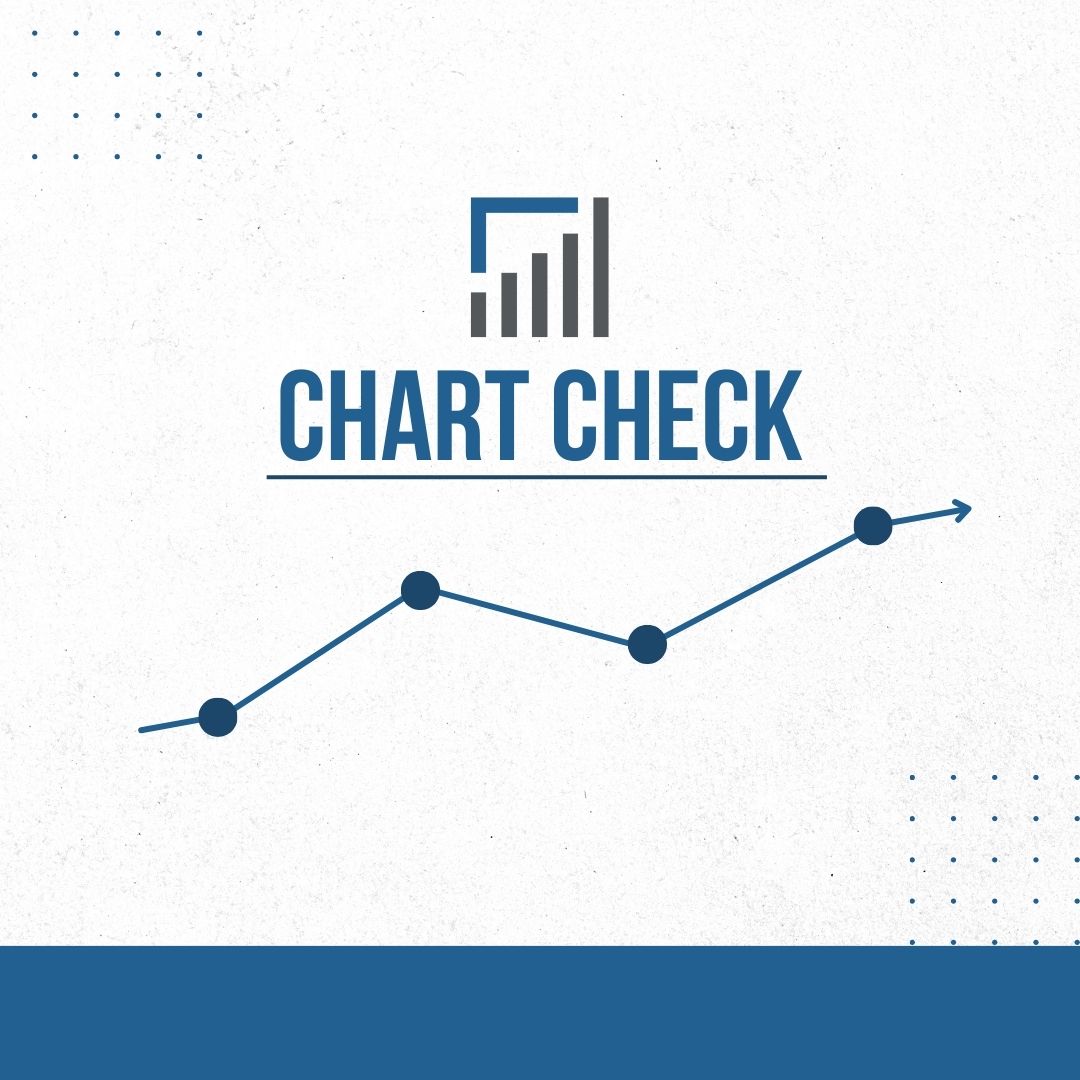In personal finance and health care management, understanding and utilizing a Health Savings Account (HSA) is crucial for those seeking to minimize their health-related expenses while simultaneously optimizing their tax savings. This article aims to provide a comprehensive overview of the benefits and strategic uses of an HSA, offering insights into how individuals and families can leverage this financial tool to secure a more economically sound future.
Understanding Health Savings Accounts (HSA)
At its core, an HSA is a savings account specifically designed to offer financial relief to individuals and families enrolled in a high-deductible health plan (HDHP). An HDHP typically comes with lower monthly premiums but higher deductibles than traditional health insurance plans. Integrating an HSA with an HDHP can lead to significant savings in healthcare costs and notable tax advantages.
The Eligibility Criteria
To qualify for an HSA, enrolment in a high-deductible health plan is mandatory. The eligibility criterion hinges on the premise that while an HDHP reduces the burden of monthly insurance premiums, the associated higher deductible can be mitigated through the HSA.
Key Tax Benefits of a Health Savings Account
An HSA offers a triple tax advantage:
- Tax-Deductible Contributions: Contributions to the HSA are deductible from your taxable income, directly reducing your tax liability.
- Tax-Free Investment Growth: The growth of investments within the HSA is not subject to tax, enabling a tax-efficient growth of savings.
- Tax-Free Withdrawals for Eligible Expenses: Withdrawals from the HSA for qualifying medical expenses are exempt from taxation, providing a financial cushion for health-related expenses.
Maximizing the Benefits of a Health Savings Account
- Optimizing Contributions: For the tax year 2023, the HSA contribution limits are $3,850 for individuals and $7,750 for families. Individuals over 55 years of age are eligible for an additional catch-up contribution of $1,000 annually. By maximizing contributions up to these limits, individuals can enhance their tax savings and build a robust financial buffer for future medical expenses.
- Investment Growth Within the HSA: HSAs are not merely savings vehicles; they can also serve as investment accounts. Many HSAs offer the option to invest in mutual funds, ETFs, and other investment instruments, enabling the account balance to grow tax-free. This feature is particularly advantageous for long-term financial planning, as it allows the HSA to outpace inflation, increasing the purchasing power of the funds.
- Utilization for Medical Expenses: HSAs provide the flexibility to pay for various eligible medical expenses, including deductibles, copayments, coinsurance, and certain prescription drugs. It is imperative to maintain detailed records and receipts of all medical expenditures paid through the HSA, as these are crucial for tax purposes and in the event of an audit by the IRS.
Additional Benefits of Health Savings Accounts
Beyond the primary tax advantages, Health Savings Accounts offer several other benefits:
- Portability: HSAs are individually owned and remain with you, regardless of employment changes.
- Flexibility: There is no time constraint on when the funds can be used, offering flexibility in managing health expenses.
- Cost Efficiency: By utilizing HSA funds for eligible expenses, you can effectively lower your healthcare costs.
Strategic Tips for Health Savings Account Management
- Making the Maximum Contribution: To fully leverage the tax benefits, it is advisable to contribute the maximum allowable amount each year. Contributions for a specific tax year can be made until the tax-filing deadline of the following year, usually April 15 (April 18 in 2023).
- Investment Strategy: For those with a sizeable balance in their HSA, especially after years of contributions, investing a portion or all of these funds is a prudent strategy. The choice of investment should align with your financial goals and risk tolerance.
Consulting a Financial Advisor
The effective utilization of a Health Savings Account to reduce future tax liabilities and save on health expenses is a sophisticated and beneficial financial strategy. Individuals and families stand to gain significantly by incorporating an HSA into their financial planning. Consulting with a financial advisor can provide personalized guidance and strategies tailored to individual financial situations and goals.
If you are a Legacy client and have questions, please do not hesitate to contact your Legacy advisor. If you are not a Legacy client and are interested in learning more about our approach to personalized wealth management, please contact us at 920.967.5020 or connect@lptrust.com.
This newsletter is provided for informational purposes only.
It is not intended as legal, accounting, or financial planning advice.




